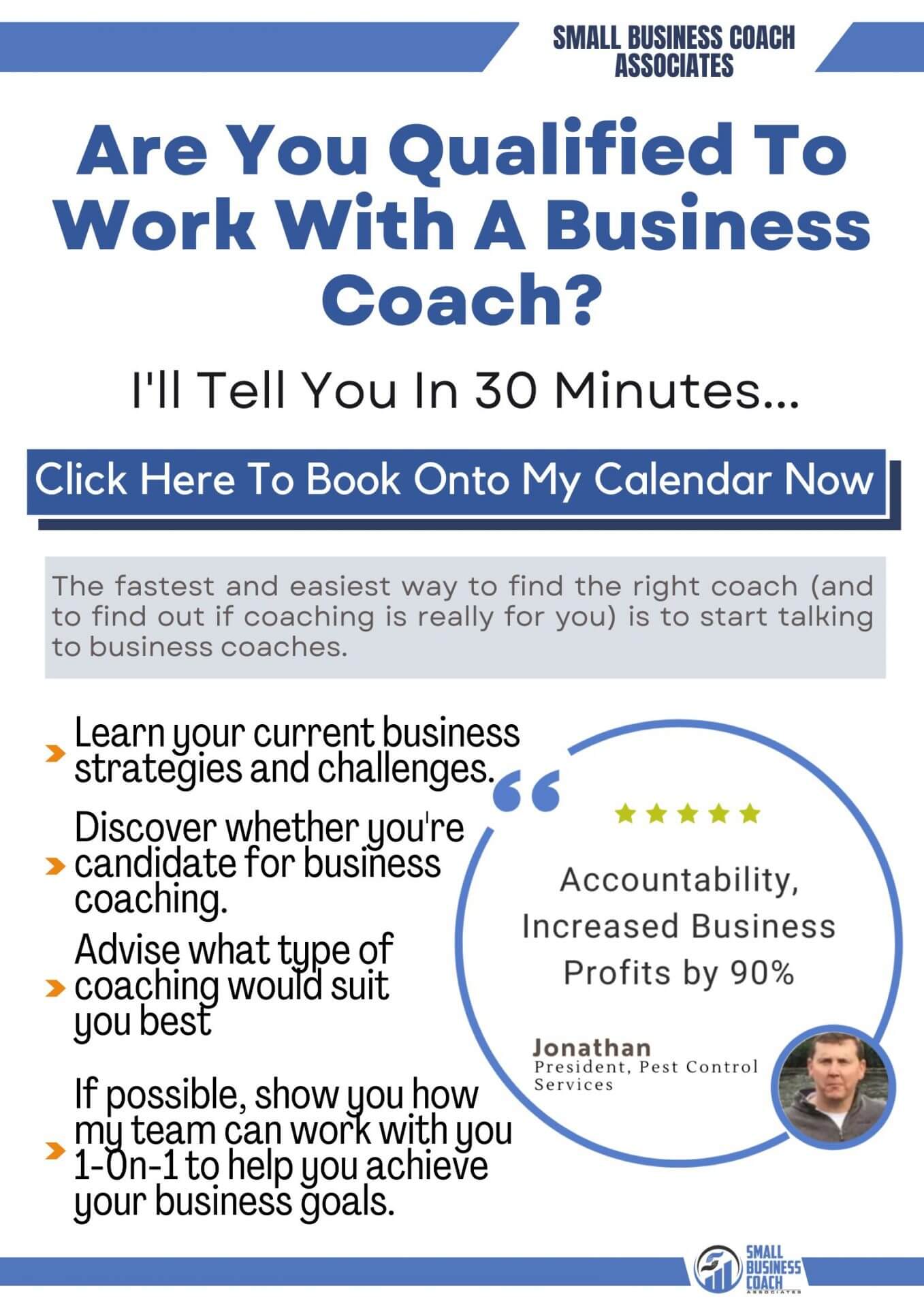VIEW BY TOPIC
- Finding Customers
- Business Systems
- Managing Employees
- Leadership
- Managing Money
Related Posts

Ready to Grow Your Business Fast?
Here’s How I Grew Five Businesses, and Eventually Sold One to a Fortune 500 Company.

Differentiate Your Company by Celebrating YOU! Part 1 of 3
How do you differentiate your company? Why is it important to differentiate your company? How effective are you communicating this uniqueness to the general public? World-class companies are able to separate themselves from their competitors in the minds of their customers. This is one of the most powerful strategic advantages in marketing today! Marketing professionals call this particular practice “differentiation.” We create the perception that our business is unique, different, and special.
What the “Big Boys” Do With Marketing and Branding
For example, how has Coca-Cola separated itself from its competitors? What is so unique about its product? The fact is there is little difference between Coke and its numerous competitors. Coca-Cola was the original soft drink innovator. Competitors were soon copying the product, making the “niche” cola soft drinks a commodity.
Staying Focused on Your Main Product or Service
Nevertheless, Coca-Cola wins the “cola wars” by staying laser-focused on its main product, the soft drink, while its competitors have diluted their focus and effectiveness by diversifying into other products.
Providing a Consistent Product or Service
When you think of the following names, what comes to mind; The Ritz-Carlton, Home Depot, Southwestern Airlines? The mention of these companies immediately brings to mind a clear picture of a product. However, each of these world-class companies sells a commodity. What makes them stand out in a commodity-based market? They know who they are, they determine what the customer wants, and they deliver what they promise to strategically aligned customers. Day after day, month after month, and year after year, they provide a consistent product.
The Answer to Becoming a Commodity: Differentiation
Even though we may start out in a niche, eventually our product will likely become a commodity. As the inevitable happens, we will best serve our company by creating a unique brand that customers remember. Let’s take a look at one method of product differentiation. This process is built around the four following features;
- The purpose of the owners and employees.
- What customers want.
- What your competitive advantages are.
- Telling your story.

Step 1a. Your Personal Purpose Statement
Before we go to work on differentiating our business, we should begin with differentiating ourselves! The fact is that our Creator made each of us unique; we each have a special gift that we bring into our marketplace. If we build our business around our unique characteristics, and the characteristics of our employees, we build from a position of strength. Rather than trying to copy another company (although benchmarking can be very effective) we establish a sense of esteem in who we are as a team and use that as a foundation to build on.
Your Personal Mission
When I celebrated my 40th birthday, the milestone prompted me to reflect on my past and to decide on where I should be headed in the future. Using books such as Half Time by Bob Buford, and The E-Myth by Michael Gerber, I asked myself questions such as “What is my purpose in life?” “Am I happy?” “How do I want to spend the next 40 years?” Having answered those questions, I developed a Personal Mission Statement. Once I had this completed, my decisions about future endeavors became much clearer. “Every person should have a personal mission statement,” says Bill Hopf, president of Anchor Resources, a CEO consulting firm. “This can serve as a guiding force for your behavior and personal performance.”
Ideally, a personal mission statement has three elements: values, vision, and mission. The typical mission statement is written on one page, and it answers the following questions;
Values-
What do you believe about ethics, spirituality, morals, customers, employees, vendors, community, etc.? How do you behave toward others? How do you treat your fellow man? What do you do to make the world a better place? Companies that have strong values attract quality stakeholders.
Vision-
Where do you want to be in five years, ten years? Where do you want to end up? “We should begin with the end in mind” says Stephen Covey, author of The Seven Habits of Highly Effective People or else we may “climb the ladder of success, and then realize it is leaning on the wrong wall.” Another way to think about this is to ask yourself, “What will my obituary say about me and my life?”
Mission-
What will you do today to achieve your vision and live by your values? Your mission should transport you from where you are to where your vision is. In other words, it should narrow the gap between your present condition and your future aspirations.
Your purpose statement provides daily direction, purpose, and a sense of personal power. It helps you to know what makes you a unique, valuable, important individual. If you do not have a personal mission statement, set aside some quiet time to answer the questions above and write out your own statement.
Part 1 of 3. Read Part 2
Alan Melton co-founded and led an award-winning business before selling it to a publicly held company. He has started and led eight companies and presently serves as CEO of four growing businesses. Alan is sharing his experience with entrepreneurs and executives who want to get on the fast track to achieving their personal goals. President of Small Business Coach & Assoc., Alan is a nationally known writer, speaker and business leader.
Questions about our small business coaching services?
Call us at 1-888-504-0777,
or













